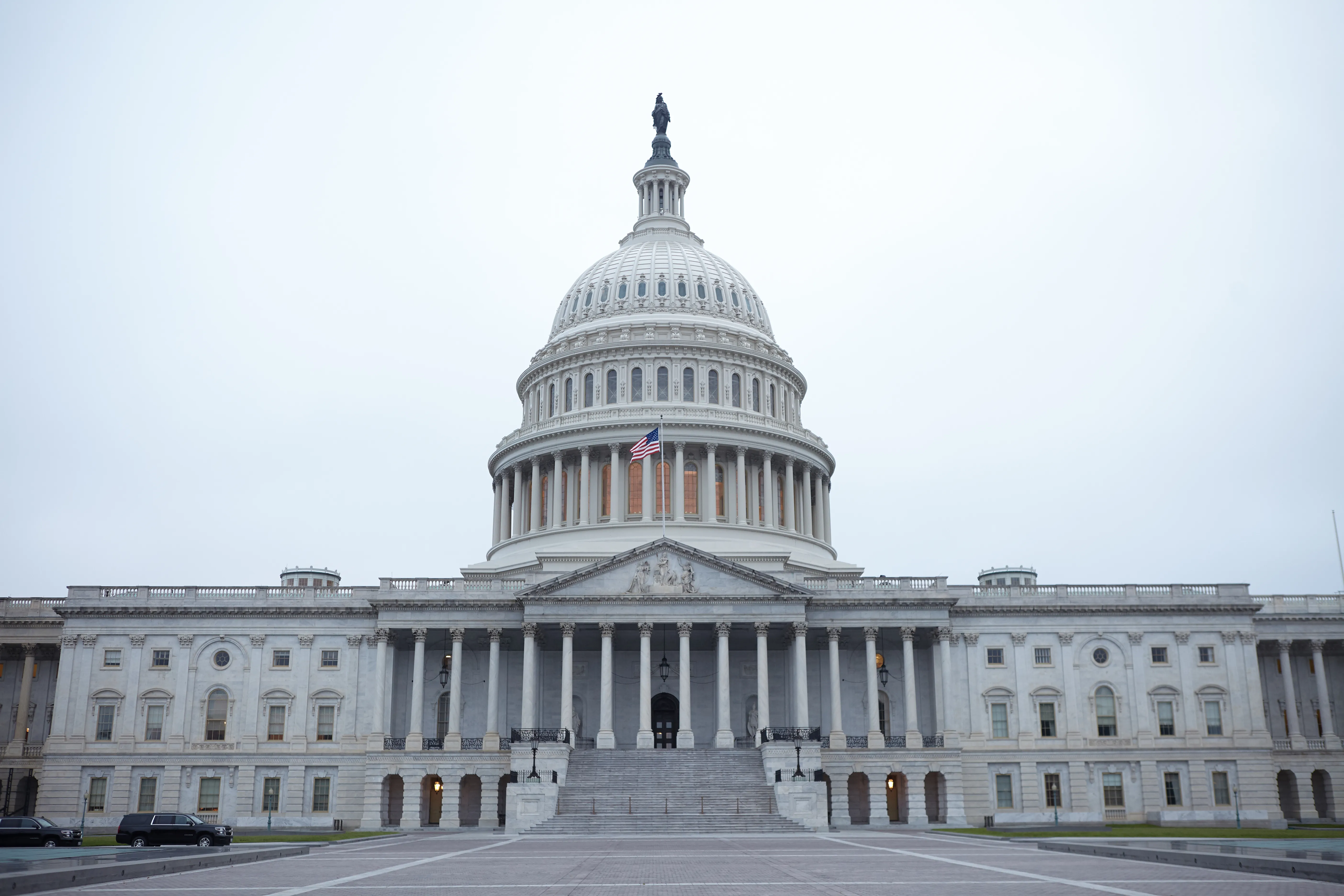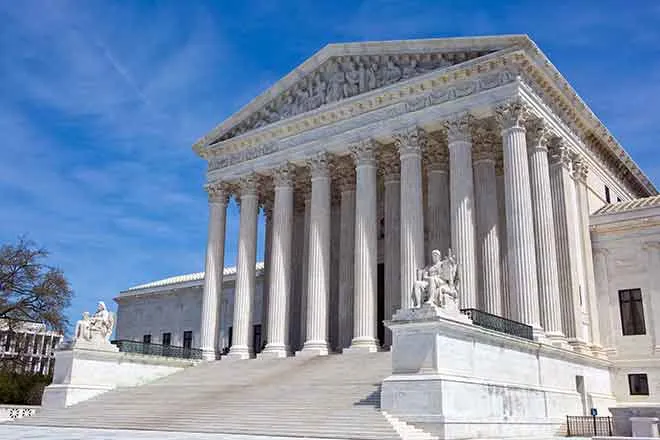
Coinbase says SEC suit puts tech jobs at risk
© Pogonici - iStock
(The Center Square) – The U.S. Securities and Exchange Commission sued Coinbase Inc. on Tuesday, the commission's second enforcement action in as many days.
The SEC alleged the company is operating its crypto asset trading platform as an unregistered national securities exchange, broker and clearing agency.
The commission also claimed Coinbase failed to register the offer and sale of its crypto asset staking-as-a-service program.
Tuesday's action comes after SEC filed a suit Monday against Binance, the largest cryptocurrency asset trading platform in the world, for allegedly misusing customer money and operating an illegal exchange.
Brian Armstrong, co-founder and CEO of Coinbase, said the company is "proud to represent the industry in court to finally get some clarity around crypto rules."
Armstrong wrote on Twitter that the SEC reviewed the business before it became a public company in 2021. He was critical of what he said was harmful regulation.
"This is why the US congress is introducing new legislation to fix the situation, and the rest of the world is moving to put clear rules in place to support this technology," he said. "Instead of publishing a clear rule book, the SEC has taken a regulation by enforcement approach that is harming America."
Coinbase said the action put 1 million tech jobs at risk of moving to other countries.
He also noted that "the Coinbase suit is very different from others out there – the complaint filed against us is exclusively focused on what is or is not a security. And we are confident in our facts and the law."
The SEC said the company knowingly violated the law.
"We allege that Coinbase, despite being subject to the securities laws, commingled and unlawfully offered exchange, broker-dealer, and clearinghouse functions," SEC Chair Gary Gensler said in a statement. "In other parts of our securities markets, these functions are separate. Coinbase’s alleged failures deprive investors of critical protections, including rulebooks that prevent fraud and manipulation, proper disclosure, safeguards against conflicts of interest, and routine inspection by the SEC."

















